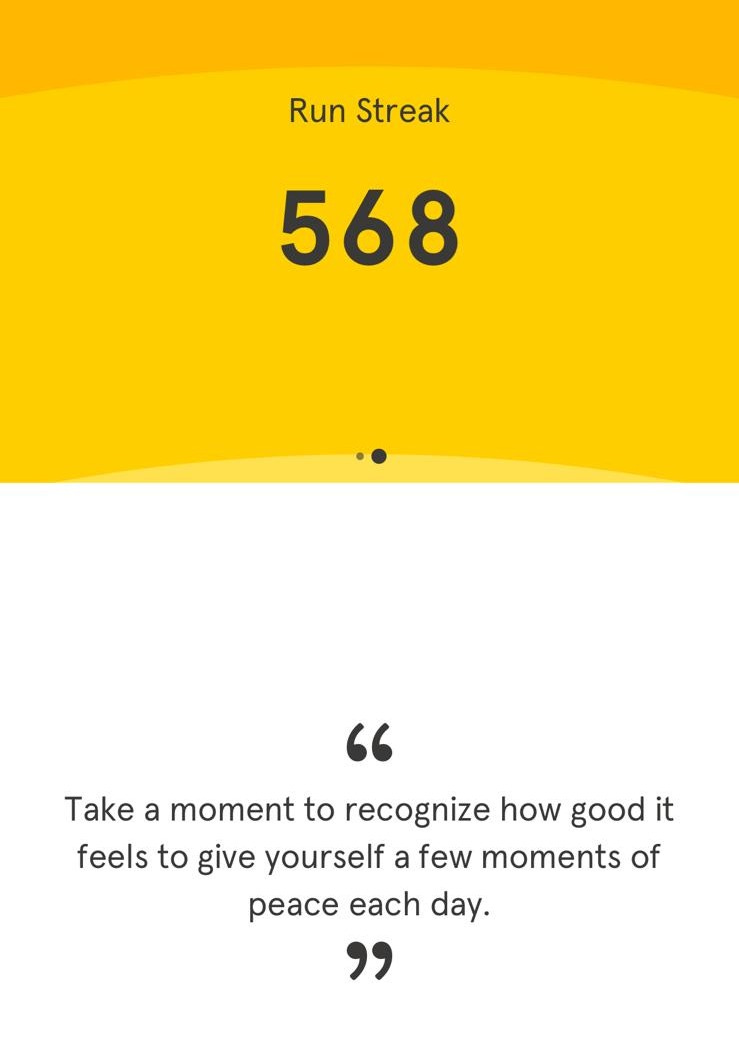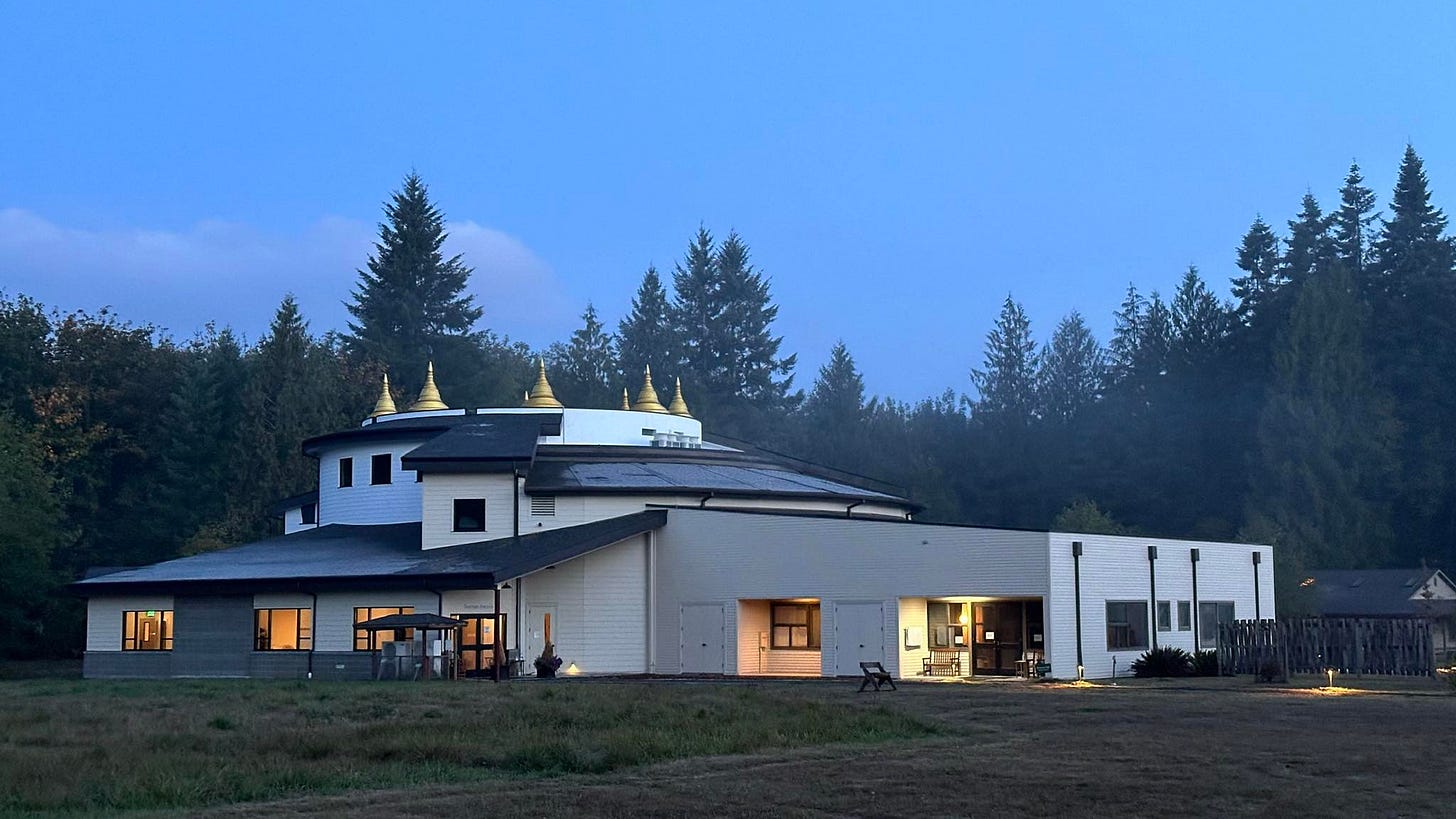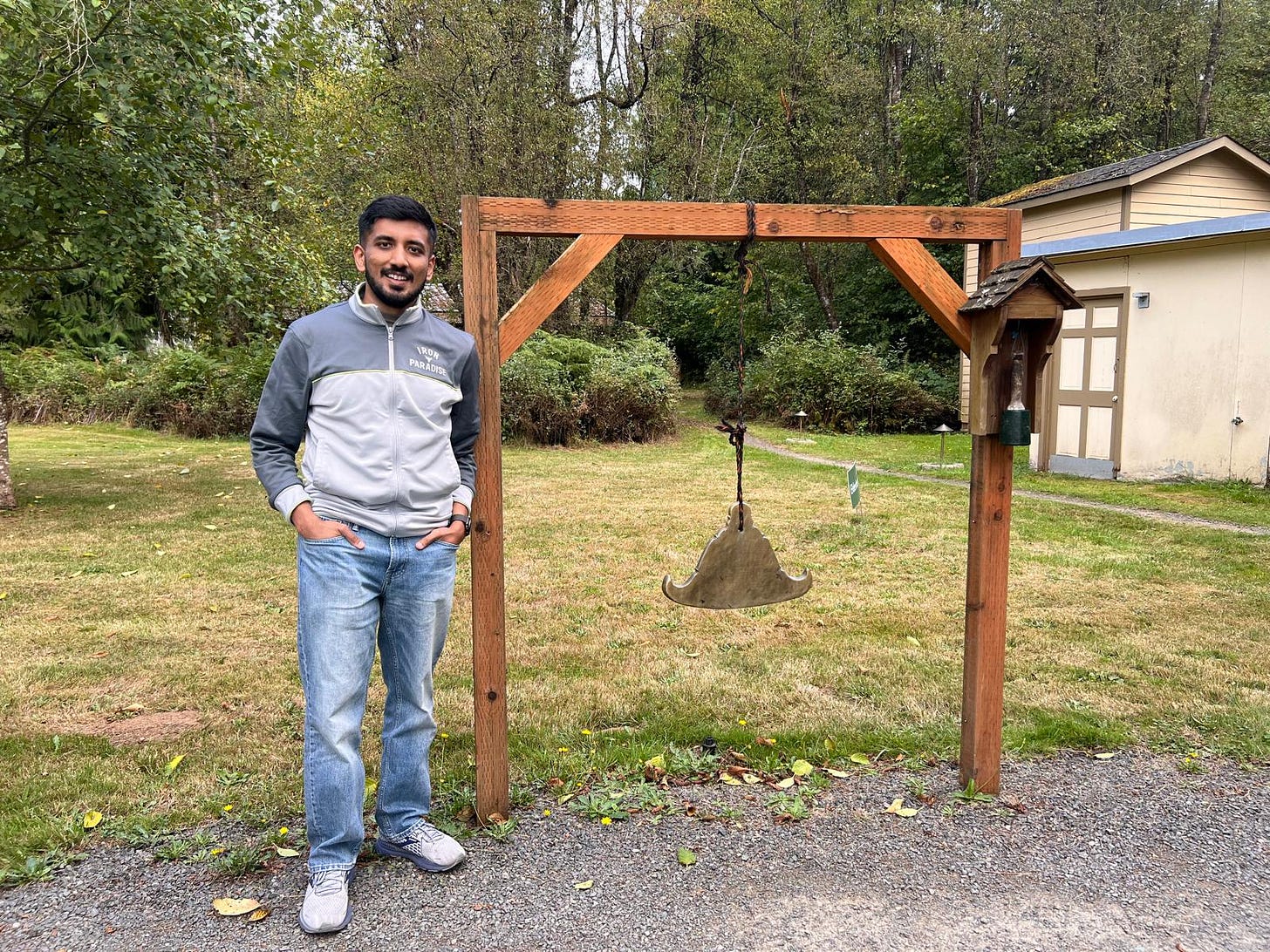To find inner peace, I did Vipassana: A 10-day silent meditation retreat!
I knew I had to do something radical, and my quest led me to a 2,500-year-old meditation technique rediscovered by Buddha himself. Dive into my blog where I chronicle the raw, transformative journey.
Introduction
Life can be tough. Things seem easy when following a linear trajectory - you go to school, then college, then you work, then another college, and then you work again. The real challenge arises when you're left in the wild and there's no box to check. Well, there's one obvious one to check - but there's no playbook for adulting, so to speak.
In the grand scheme of things, my problems, whatever they might be, are minuscule when compared to the suffering of people across the world. I live a life that possibly millions might want to swap with - but that has no bearing on the fact that I have been feeling stuck in both my personal and professional life for quite some time now.
I tried everything possible to get out of the imaginative rut, and when all my efforts failed, the only option left was accepting things as they were, and not how I wanted them to be.
My quest for acceptance led me to do Vipassana, which is a 10-day silent meditation retreat, and in this blog, I'll share my Vipassana experience and how practicing Vipassana has impacted me.
My “failed” experiments
Not that the years prior were significantly better, but I was in a horrible phase of life in 2023. I don’t want to go into details, but I tried a lot of things to get unstuck. When that failed, I tried a bunch of things to control the controllables and to be happy.
I enrolled with a personal trainer, ate right, and worked out every single day. I lost 30 pounds in 6 months. I also undertook therapy, learned both Mindfulness and Transcendental meditation, and meditated for 560 days straight until September 2024.
I love quizzing and started hosting corporate Trivia events. I also picked up new hobbies in performing stand-up comedy and learning to play guitar. 2024 was a bit better, where I got a car and traveled whenever and wherever I wanted. I had a lot of family visit me, and that, of course, made me feel supported.
I seemed happy on the outside, but was deeply unhappy on the inside. It felt like I was escaping myself with a lot of external shenanigans, and it was becoming quite difficult to just be with myself and my emotions. I have an excellent support system, but I had became so pessimistic that I was always complaining to people around me.
There were days where I was just incapacitated by stress, that I would just not be able to function. Stress also triggered alopecia and that would stress me out further. Of recent, stress triggered Irritable Bowel Syndrome in me as well.
One of my closest friends, Jitesh, did something called Vipassana, and I just knew that I had to do it.
Vipassana and the philosophy
Vipassana, which means to see things as they really are, is a meditation technique rediscovered by Buddha 2500 years ago.1 Though non-sectarian, Buddhist philosophy is ingrained in Vipassana and the core essence of doing Vipassana is to achieve the state of Nirvana.
A Vipassana course is a ten-day silent meditation retreat where you follow a strict schedule and meditate daily for 10 hours, from 4:30 AM to 9 PM. The two tenets of Vipassana are “Impermanence” and “Equanimity.” The idea is to help you understand on an experiential level that everything in life is transitory, and one should remain detached from whatever happens.
According to Buddha, there will be suffering as long as you’re alive, and if that suffering itself is temporary, why show craving and aversion towards it and intensify the suffering? Why not observe suffering for what it is and just let it pass?
Vipassana teaches you to observe reality by observing sensations on your body, and as you start doing that, you learn that it is the nature of sensations to come and go. You might like or dislike these sensations, but you learn that you don’t control them and to remain equanimous to these sensations.
I found a center in Washington State, a three-hour drive from Seattle, and enrolled in the next available course.
My Vipassana Experience
It was an insanely difficult experience, to be honest, both physically and mentally. You don’t want to wake up at 4 AM, let alone walk in foggy cold weather to meditate at 4:30. Your mind does not let you concentrate, and your body aches from sitting and meditating the entire day. You become constipated because there is minimal movement, except for the walks you might take between sessions.
I had decided two things. First, I was not going to quit midway. Second, since I had taken a 10-day PTO to do Vipassana, I was going to attend every session. My mind and body were giving up multiple times every day, asking me to at least rest in my room if not quit the retreat, but I had already made a commitment. I wanted to go to the root of my misery and find freedom from my suffering.
As your body accepts the new normal, you start meditating better. Your mind sharpens, and you begin to observe your breath and sensations more clearly. You develop cravings or aversions to these sensations, but you realize that these sensations are temporary. You internalize the philosophy of impermanence, start becoming an observer to these sensations, and eventually internalize the philosophy of equanimity.
After a few days, you become so present that your body starts buzzing, and you can sweep your body from top to bottom and bottom to top with ease. You start observing even the subtlest of sensations, and as your thoughts resurface, you eventually learn to detach from your thoughts and feelings.
After day 5, there are three hour long sessions called “Adhitthana” meaning strong determination where you are not supposed to open your eyes, move your legs or change your posture. It pains so much that all you want is to move and all you can feel is the pain.
Now as you observe the pain, you remind yourself that the pain is impermanent, the pain dissipates and you can now experience other sensations beyond pain in your body. This teaches that whatever you are experiencing in life is temporary and there is life beyond suffering as well.
Life after Vipassana
After the retreat, I have been meditating twice every day for 30 minutes. I learned to be okay with just myself and my emotions. I feel that I have become more assertive and have learnt to accept things as they are - and not how I want them to be.
I no longer chase external validations for my happiness. While I still get anxious, I have calmed down significantly. My problems are not solved, and I still feel stuck in life, but I don't feel miserable anymore.
Maybe I am a different person now?







